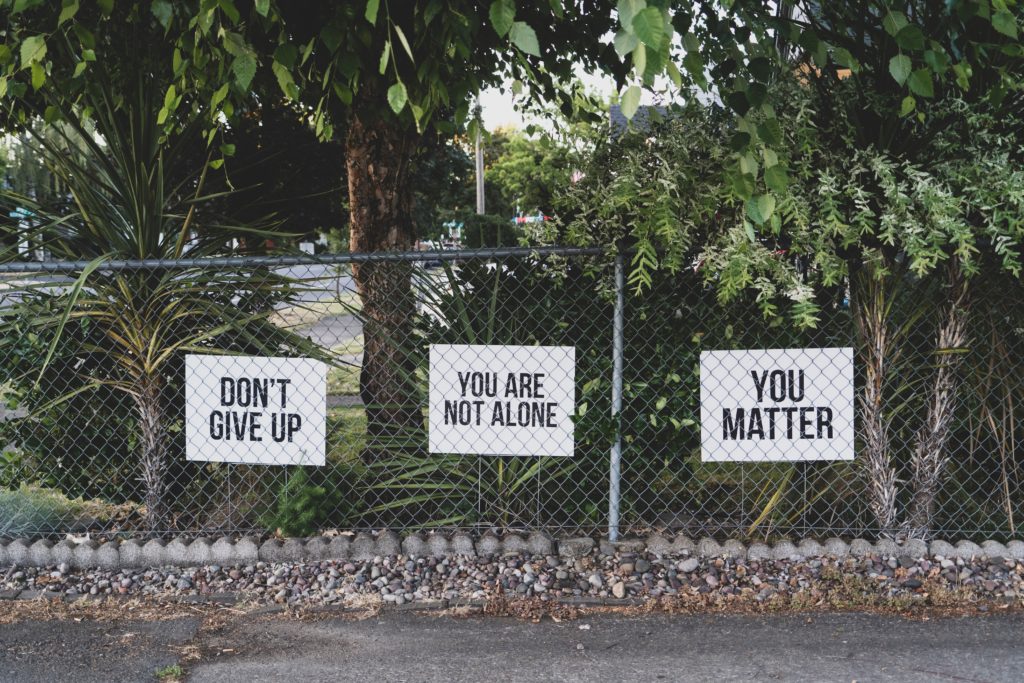By Rachel Priebe
[3 minute read]
Edited by Natalie Grace Sipula
Growing up, I often spent part of my summers traveling with family or friends. To me, travel was an opportunity to discover new places, as well as to strengthen bonds with my loved ones. It was not until my first semester of college, however, that I found myself completely alone in an unfamiliar setting. I spent my fall semester at the American University of Paris. Other than the architecture, world-renowned art museums, and cafes, what I appreciated most about Paris was its location. Living in Paris put me in close proximity to other amazing cities in Europe that I wanted to visit. Within my first couple of months in Paris, I had already been on several weekend trips with friends and on a study trip to Warsaw, Poland. In the middle of the semester, we had a week off for fall break. The city that was on the top of my list to visit was Munich, Germany. Unfortunately, all of my friends wanted to spend their fall break elsewhere. Thus, I found myself venturing out on my first solo adventure.
Since that week in Germany, I have taken several trips on my own. The majority have been brief weekend trips, but I have recently taken a trip in which I spent over a month traveling in the Balkans. The greatest benefit that I have found in embarking on these trips alone is the immense sense of freedom you feel. Solo travel can make you feel unrestricted and give you a healthy sense of independence. When you travel alone, all of your decisions – about where to stay, where to eat, and which tourist attractions to visit- are your own and don’t have to be filtered through the minds and desires of other people. Another benefit that comes with this sense of freedom is spontaneity. When you only have yourself to account for, it is easier to make decisions on the spot. You can arrive at the airport without a concrete plan and then make up your route as you go along.

A third reason to travel alone is that it gives you the opportunity to meet new people. I have found that when I travel with friends or family, I end up spending time exclusively with those people. While that is a great way to strengthen already existing relationships, travel is an invaluable opportunity to have new experiences, and one of the most enriching experiences is meeting new people who come from different backgrounds. There is a misconception that traveling alone is a lonely and solitary endeavor. This could not be further from the truth. When you travel unaccompanied, you instantly make yourself seem more approachable. It also becomes easier to go outside of your comfort zone and build connections with people who would have otherwise remained strangers.

Some of the most fascinating people I have met have been fellow solo travelers at hostels. I have found that people who travel frequently tend to be very free-spirited and full of interesting stories. Furthermore, bonding with more experienced travelers is an effective way to obtain travel advice. For example, when I was in the Balkans, I made most of my decisions regarding which places to visit based on the recommendations of fellow travelers.
Continue reading Solo Summer Adventures





